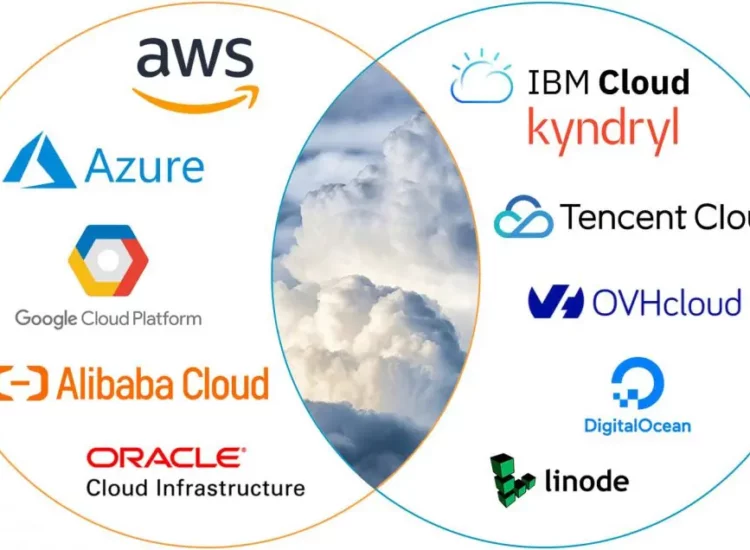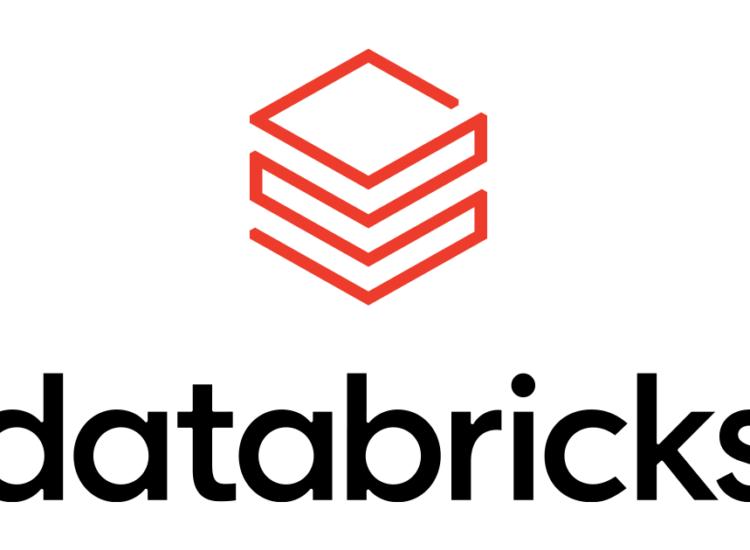In the rapidly evolving world of cloud computing, efficient communication between different components of an application is critical. This is where AWS MQ steps in, offering a robust message queuing service designed to facilitate and streamline this communication, making it an indispensable tool for developers and businesses alike. In this article, we’ll explore what AWS MQ is, how it compares to traditional message queuing systems, its key advantages, use cases, integration with other AWS services, best practices for optimization, and a look into its future prospects.
Toc
What is AWS MQ?

AWS MQ is a managed message broker service for Apache ActiveMQ and RabbitMQ that makes it easy to set up and operate message brokers in the cloud. By handling the administration and maintenance of message brokers, AWS MQ allows developers to focus on their core product features rather than on managing a complex messaging middleware infrastructure. It provides a highly available, secure, and interoperable platform that supports industry-standard APIs and protocols including JMS, NMS, AMQP, STOMP, MQTT, and WebSocket.
AWS MQ, also known as Amazon MQ, stands out as a premier managed message broker service provided by Amazon Web Services (AWS). This service significantly streamlines the complex process of setting up, operating, and efficiently managing message brokers within the cloud environment.
What is a Message Broker
At its core, a message broker serves as a pivotal intermediary between different applications. Its primary role is to facilitate applications in sending and receiving messages in an asynchronous manner, effectively decoupling them from each other. This critical decoupling enhances the scalability and reliability of applications, while also promoting a more loosely coupled architecture among them.
Benefits of Using AWS MQ
- Simplified Management: AWS MQ provides an invaluable service by eliminating the cumbersome tasks associated with provisioning, installing, configuring, and maintaining message brokers manually. It expertly manages the underlying infrastructure, thereby liberating developers to concentrate on the more critical aspects of developing and deploying their applications without worrying about the operational overhead.
- Flexibility: One of the standout features of AWS MQ is its support for multiple messaging protocols, including the widely used Apache ActiveMQ and RabbitMQ. This flexibility ensures that developers can select the messaging protocol that aligns perfectly with their application’s specific requirements, offering a tailored messaging solution.
- Scalability: AWS MQ is designed with scalability at its forefront. It has the capability to automatically adjust and scale according to the fluctuations in message traffic demands. This feature is crucial for applications that experience variable volumes of message traffic, ensuring that there is no compromise on performance even during peak traffic spikes.
- Security: Security is a paramount concern in today’s digital landscape, and AWS MQ addresses this by providing robust security features. These features are meticulously designed to safeguard your messages both in transit and at rest, ensuring that your data remains secure and protected at all times.
- Integration with Other AWS Services: AWS MQ boasts seamless integration capabilities with a plethora of other AWS services, such as Amazon S3, Amazon CloudWatch, and AWS Lambda. This integration facilitates the creation of sophisticated event-driven applications, enabling developers to leverage the full power of AWS’s ecosystem to build scalable, efficient, and highly responsive applications.
In summary, AWS MQ represents a comprehensive solution for managing message brokers in the cloud, offering a range of benefits from simplified management and flexibility to scalability, security, and seamless integration with other AWS services. Its design and features make it an indispensable tool for developers looking to enhance their applications’ messaging capabilities in a secure, scalable, and efficient manner.
AWS MQ vs. Traditional Message Queuing Systems
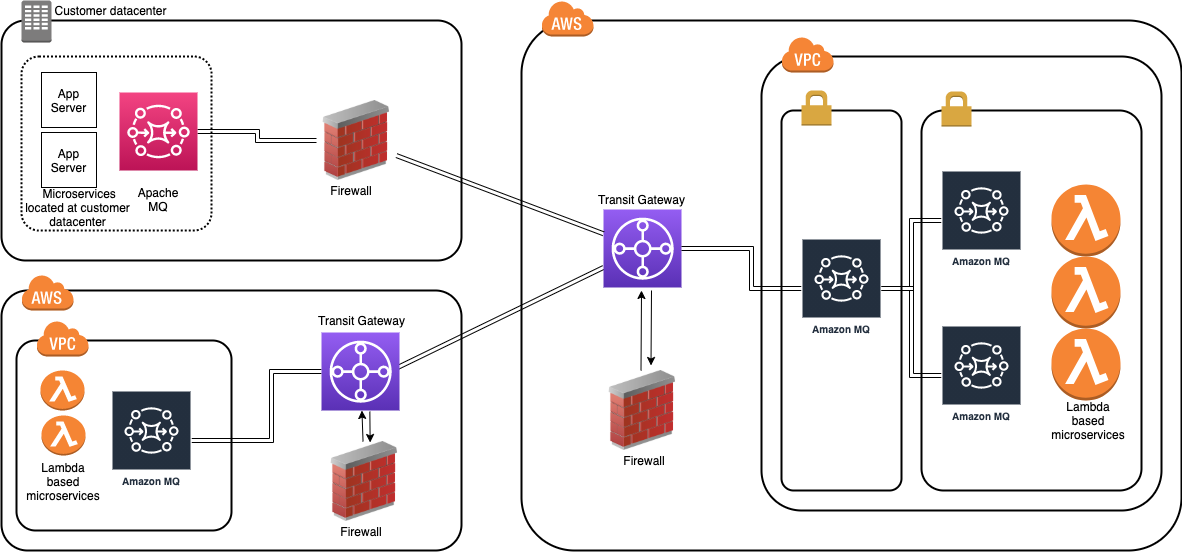
Traditional message queuing systems often present a significant challenge in terms of installation, operation, and maintenance. These systems typically require a deep dive into managing the underlying infrastructure, which includes configuring the software to meet specific needs and ensuring that the system remains highly available and secure against potential threats. This traditional approach can be resource-intensive and time-consuming, demanding a considerable amount of effort and expertise from your IT team.
AWS MQ stands as a game-changer in this landscape by significantly simplifying these processes. It does so by taking over the administrative tasks that would otherwise fall on your shoulders. This managed service brings several key advantages to the table:
- Reduced Overhead: AWS MQ is designed to alleviate the operational burden on your team. By handling the complexities of broker setup, operation, and maintenance, AWS allows your team to focus on more strategic tasks rather than getting bogged down by the nitty-gritty of message queue management.
- Scalability and Flexibility: One of the hallmark features of AWS MQ is its ability to seamlessly scale according to the demands of your application. This scalability ensures that your messaging infrastructure can grow with your application, providing the necessary flexibility without requiring manual intervention to provision additional resources. This capability is crucial for businesses that experience fluctuating levels of demand and need their infrastructure to be as agile as possible.
- Security and Compliance: In today’s digital age, security and compliance cannot be overstated. AWS MQ addresses these concerns head-on with built-in features designed to safeguard your messaging infrastructure. Integration with Amazon Virtual Private Cloud (VPC) ensures that your data is isolated and protected, while encryption at rest and in transit guards against unauthorized access. Furthermore, automated updates mean that your system is always running the latest, most secure software versions, helping to maintain compliance with industry standards and regulations.
By choosing AWS MQ, organizations can enjoy these benefits, ultimately leading to a more efficient, secure, and manageable messaging environment.
Use Cases and Benefiting Industries
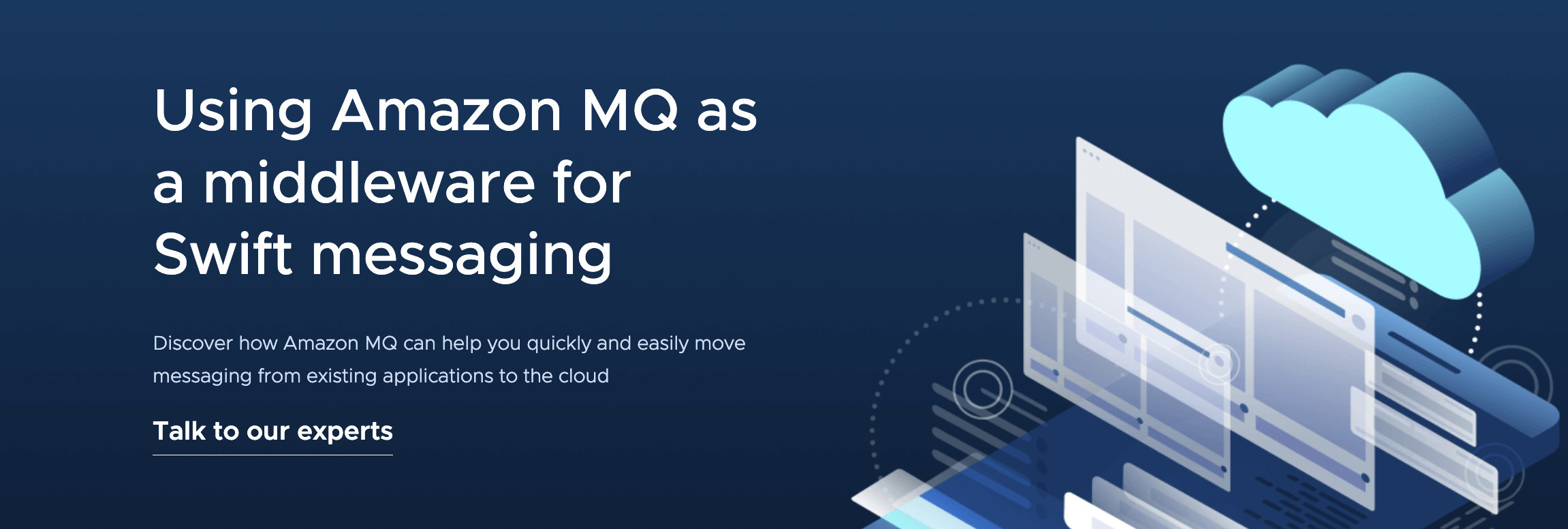
AWS MQ is a highly versatile messaging broker that caters to a broad spectrum of use cases across various industries, making it an indispensable tool for modern businesses. Here are some specific applications:
- Financial Services: AWS MQ plays a crucial role in the financial sector by supporting real-time payment processing systems and advanced fraud detection mechanisms. It ensures secure and swift transaction processing, which is essential for banking institutions and fintech companies striving for excellence in customer service.
- Healthcare: In the healthcare industry, AWS MQ significantly enhances patient care by streamlining critical systems. It facilitates seamless appointment scheduling, efficient exchange of medical records, and ensures that patient data flows securely and reliably between different healthcare systems, thereby improving the overall efficiency of medical practices.
- Retail and E-commerce: For retail and e-commerce platforms, AWS MQ is a game-changer. It coordinates complex inventory management systems, ensures that order processing is executed smoothly, and manages logistics operations. This leads to an optimized supply chain, better customer satisfaction, and increased sales.
- IoT Applications: AWS MQ is pivotal in the realm of IoT applications by enabling secure and reliable communication between IoT devices and backend systems. It supports the massive scale of IoT ecosystems, ensuring that data from sensors and devices is transmitted efficiently to the cloud for processing, thereby facilitating smarter decision-making and automation.
- Microservices Architecture: AWS MQ is particularly valuable for applications designed using a microservices architecture. It facilitates decoupled communication between the various components of microservices, thereby enhancing development agility, system resilience, and enabling faster deployment of new features.
In summary, AWS MQ’s capability to provide a robust, secure, and scalable messaging solution makes it an essential component of the technology stack for businesses across industries looking to innovate and improve their operations.
Integration with AWS Services

AWS MQ’s capabilities become even more potent when it is seamlessly integrated with other AWS services, providing a robust and comprehensive cloud solution that enhances the efficiency and scalability of your applications. Here’s how it works with some key AWS services:
- AWS Lambda: This integration allows you to trigger specific functions automatically in response to messages received, embodying a serverless, event-driven architecture. This means that you can efficiently process information and respond to events in real-time without the need for a traditional server setup.
- Amazon S3: By combining AWS MQ with Amazon S3, you’re able to store and archive messages effectively, or process large payloads that exceed the maximum message size allowed by MQ. This is particularly useful for applications that need to handle a significant volume of data or require long-term data storage solutions.
- Amazon DynamoDB: Integrating AWS MQ with Amazon DynamoDB enables you to use messages to trigger updates in DynamoDB tables, facilitating real-time synchronization across distributed systems. This is crucial for applications that rely on up-to-date information across various components, ensuring consistency and reliability in your application’s data layer.
Together, these integrations provide a powerful toolkit for developers to build more responsive, efficient, and scalable applications by leveraging the best of what the AWS ecosystem has to offer.
Best Practices for AWS MQ
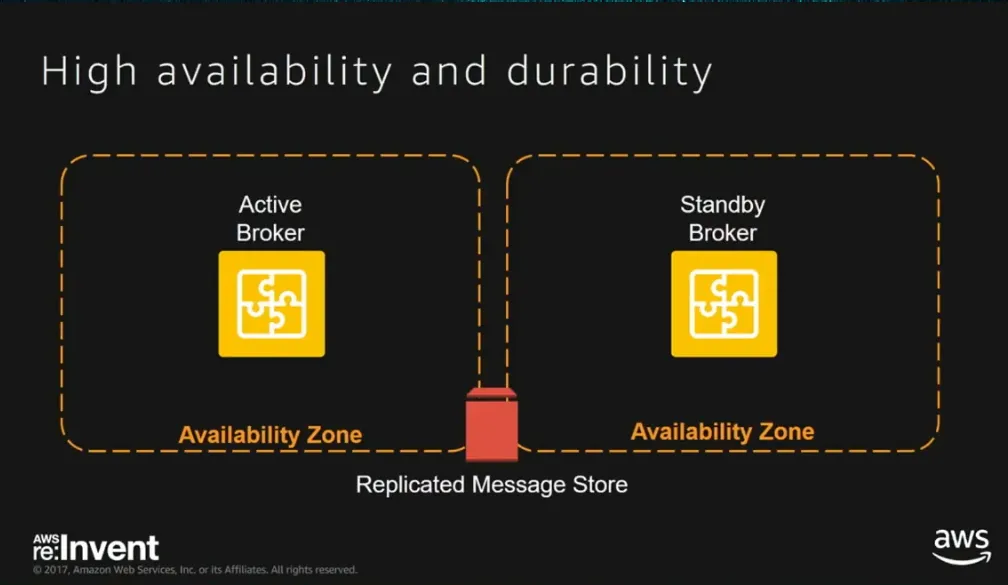
To enhance the performance and ensure the reliability of AWS MQ, adhere to these detailed best practices:
Monitoring: Leverage Amazon CloudWatch to meticulously monitor key performance metrics. Establish alerts to preemptively identify and address issues, ensuring smooth and efficient operation.
Security: Fortify your setup by implementing robust IAM policies that precisely control access rights. Utilize VPC endpoints to encapsulate your traffic within the secure confines of the AWS network, minimizing exposure to external threats. Furthermore, activate encryption features to safeguard your data against unauthorized access, ensuring that your information remains secure both in transit and at rest.
Optimize Resource Utilization: Conduct regular analyses of your usage patterns to gain insights into how your resources are being consumed. Based on these insights, make informed adjustments to your broker instances and storage configurations. This proactive approach not only optimizes your costs but also enhances the overall performance of your deployments, allowing you to achieve a balance between efficiency and expenditure.
The Future of AWS MQ

Looking ahead, AWS MQ is poised for continuous innovation. With the growing demand for microservices, serverless architectures, and real-time data processing, AWS MQ will remain a key player in simplifying cloud-based messaging solutions. Future developments could include enhanced scalability options, deeper integrations with AI and analytics services, and broader support for messaging protocols and standards. With AWS’s consistent track record of delivering cutting-edge technology, we can expect AWS MQ to remain at the forefront of messaging solutions for years to come. So, whether you’re a startup or an established enterprise looking to modernize your infrastructure, AWS MQ is the perfect tool to streamline your messaging needs and drive innovation in your business. Overall, AWS MQ provides a powerful and versatile messaging solution that can benefit a wide range of industries and use cases. By integrating with other AWS services and following best practices, businesses can unlock the full potential of AWS MQ and stay ahead in today’s fast-paced digital landscape. With its continuous advancements and constant innovation, AWS MQ is set to play a crucial role in powering tomorrow’s technological breakthroughs. So whether you’re just starting on your cloud journey or are already leveraging AWS services, consider incorporating AWS MQ into your technology stack to stay competitive and drive success in your business. Let AWS MQ handle the complexities of messaging, while you focus on delivering cutting-edge solutions and driving innovation in your industry. Keep exploring the possibilities with AWS MQ and take your business to new heights!
Conclusion
AWS MQ serves as a critical component in modern application architectures, providing a managed message queuing service that delivers simplicity, scalability, and reliability. By understanding its benefits, use cases, and best practices, organizations can leverage AWS MQ to achieve seamless communication across their applications and services, driving efficiency and innovation in their cloud computing endeavors. Whether you’re migrating from traditional message systems or building new solutions from the ground up, AWS MQ offers a compelling platform for your messaging needs, ready to support the dynamic demands of today’s business landscape.

